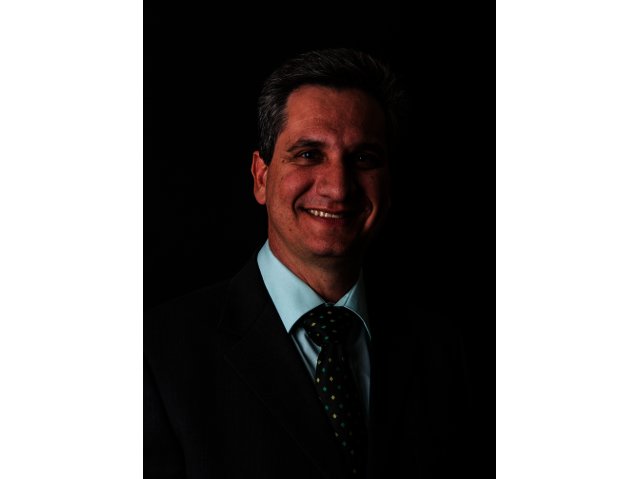By Laurence Smith, Executive at Graphic Image Technologies
Major sporting events, including local and international rugby and soccer, attract thousands of spectators into stadiums across the country. Ensuring the safety and security of these audiences as well as the players can prove to be a challenging task. Perimeters need to be monitored to ensure people without tickets do not gain access, and entrances and exits need monitoring to ensure the process goes smoothly. With large crowds, thefts and muggings are common occurrences, and security needs to ensure the safety of visitors. In addition, physical security can be an issue, as violence has been known to break out at these types of events. Surveillance solutions, including 4K cameras and wearable CCTV surveillance jackets, with centralised monitoring and control, are essential in ensuring the safety and security of all parties at major sporting events.
The key security requirements at sports stadiums include the ability to identify incidents, preferably prior to them escalating, as well as potential threats. If events have the potential to become violent, additional security personnel can then be deployed to assist in handling the situation. If necessary, relevant authorities, such as the police and paramedics, can be notified quickly to minimise response times. Organisers also need to be able to utilise surveillance footage as evidence to apprehend and prosecute perpetrators. This requires a combination of surveillance cameras at strategic points as well as moving surveillance on people.
CCTV surveillance should preferably utilise 4K cameras that provide Ultra High Definition (UHD) images for higher levels of forensic detail. These cameras offer a number of benefits over standard and even HD surveillance. The most significant benefit of 4K technology is the increased resolution of the footage, which prevents pixilation when zooming in on footage and enables granular details such as facial features, registration plates and more to be easily identified. This is essential for identifying events as they happen, and for using the footage as evidence after the fact. In addition, a single 4K camera is able to replace two or three HD cameras because of the vastly enhanced resolution, meaning one camera can cover a far wider area with a greater level of detail. This makes 4K ideal for sporting events, where large areas such as the pitch, seating and outside areas must be monitored. It also reduces the Total Cost of Ownership (TCO), as there are fewer cameras and fewer network points, which reduce the time and cost associated with maintenance.
Wearable solutions include a lightweight tactical CCTV vest with built-in camera, wearable Digital Video Recorder (DVR), microphone and transmitter, which can be monitored and watched remotely. Such solutions are designed to be easy and comfortable to wear, and provide live streaming of footage from personnel on the ground to the central control room. This can often give a clearer picture of events, augmenting footage from fixed CCTV surveillance. These wearable solutions provide continuous recording and live streaming of events, with two-way speech capabilities for ‘always-on' communications. The vests provide full remote surveillance capability, the ability to trigger alarms with a panic button in the event of an incident, for rapid and appropriate response, and full tracking capability with GPS for accurate location identification. They also offer low bandwidth streaming capability, so events can be viewed from computers, tablets and smartphones, and two-way communication even allows control rooms to communicate with personnel on the ground.
Security at sporting events is all about protecting visitors and players, ensuring that they do not fall foul of violence, theft and other crimes. Surveillance and centralised monitoring is an essential component of this. By making use of 4K cameras, sports stadiums and organisers can benefit from improved image quality and lower TCO, for enhanced security and forensic details. By augmenting this with on-the-ground footage from wearable surveillance, a complete picture can be gained in real time, to help stop events before they escalate, catch perpetrators, and be used as evidence if required after the fact.





